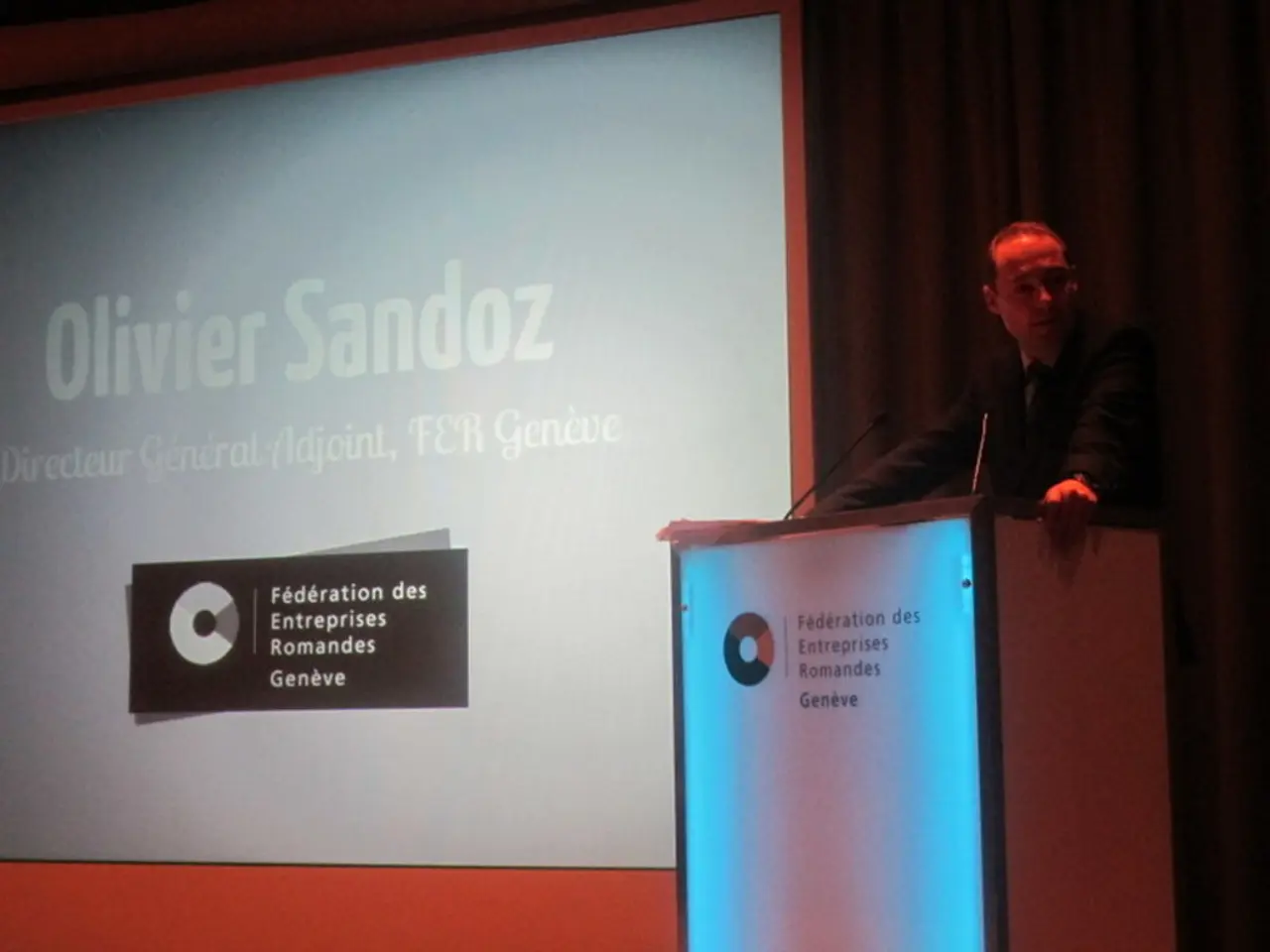Microsoft and OpenAI's Critical AI Agreement Negotiation: Unveiling the Potential Impacts on AI's Future that May Forebode Doomsday Scenarios
Microsoft and OpenAI, two tech giants, are locked in negotiations over a controversial clause in their partnership contract - the so-called "AGI clause." This provision restricts Microsoft's access to future OpenAI models and technologies once artificial general intelligence (AGI) is declared by OpenAI.
The AGI clause, which has been a source of tension between the companies, has three main parts. Firstly, only OpenAI's board can declare that AGI has been achieved. Secondly, AGI is considered sufficient if it can generate over $100 billion in revenue. Thirdly, Microsoft is barred from independently developing its own AGI or partnering to do so while the contract is active.
If OpenAI achieves AGI under this clause, the potential consequences for Microsoft are significant. They could lose contracted access to new models and advanced AI technologies from OpenAI, and existing partnerships or exclusivity agreements could be cancelled or renegotiated. Moreover, Microsoft's ambition to create or compete in AGI development is limited by the prohibition in the contract.
Microsoft CEO Satya Nadella has acknowledged the precariousness of their current agreement, stating that if superintelligence arrives, "all bets are off." Meanwhile, OpenAI is diversifying cloud infrastructure partners beyond Microsoft Azure, signalling growing friction between the companies.
The outcome of the negotiations will determine whether Microsoft maintains its AI dominance or faces an existential crisis. A new agreement is expected to include a definition of AGI to avoid ambiguity and guarantee that Microsoft deploys OpenAI's technology safely, especially as it nears AGI.
The financial stakes are staggering, with the two companies negotiating an equity stake for Microsoft in the low- to mid-30% range. The timing of the negotiations creates a perfect storm, as Microsoft needs certainty before the launch of GPT-5, while OpenAI needs Microsoft's agreement to complete its for-profit transition and unlock billions in additional funding.
The resolution of the AGI clause will set precedents that ripple across the entire AI industry, affecting every AI partnership, investment, and strategic alliance. The AGI "doomsday clause" represents everything that makes the current AI moment both exhilarating and terrifying, as two of the world's most powerful technology companies negotiate over a concept that doesn't have a clear definition, with stakes that could reshape the entire industry.
- The fierce competition in marketing between Microsoft and OpenAI extends to their business strategies, with the AGI clause in their partnership contract sparking controversy.
- The sales sector could witness a shift if Microsoft is barred from independent AGI development or partnerships, potentially impacting growth.
- Venture capitalists and investors might reconsider their investments in tech companies if the AGI "doomsday clause" becomes a standard model in partnership contracts.
- The AGI clause, with its focus on the achievement of AGI and its impact on revenue generation, raises questions about the valuation of AI-focused businesses.
- The leadership of both companies faces pressure to make informed decisions, as the resolution of the AGI clause will heavily influence their positions in the AI industry.
- The technology sector could evolve significantly if Microsoft fails to maintain access to new OpenAI models and technologies, affecting all areas of innovation.
- The successful transition of OpenAI into a for-profit entity hinges on the negotiation outcomes, with funding dependent upon Microsoft's agreement.
- The agreement's resolution will likely influence future partnerships, influencing the landscape of entrepreneurship and strategic alliances in the tech and AI industry.




